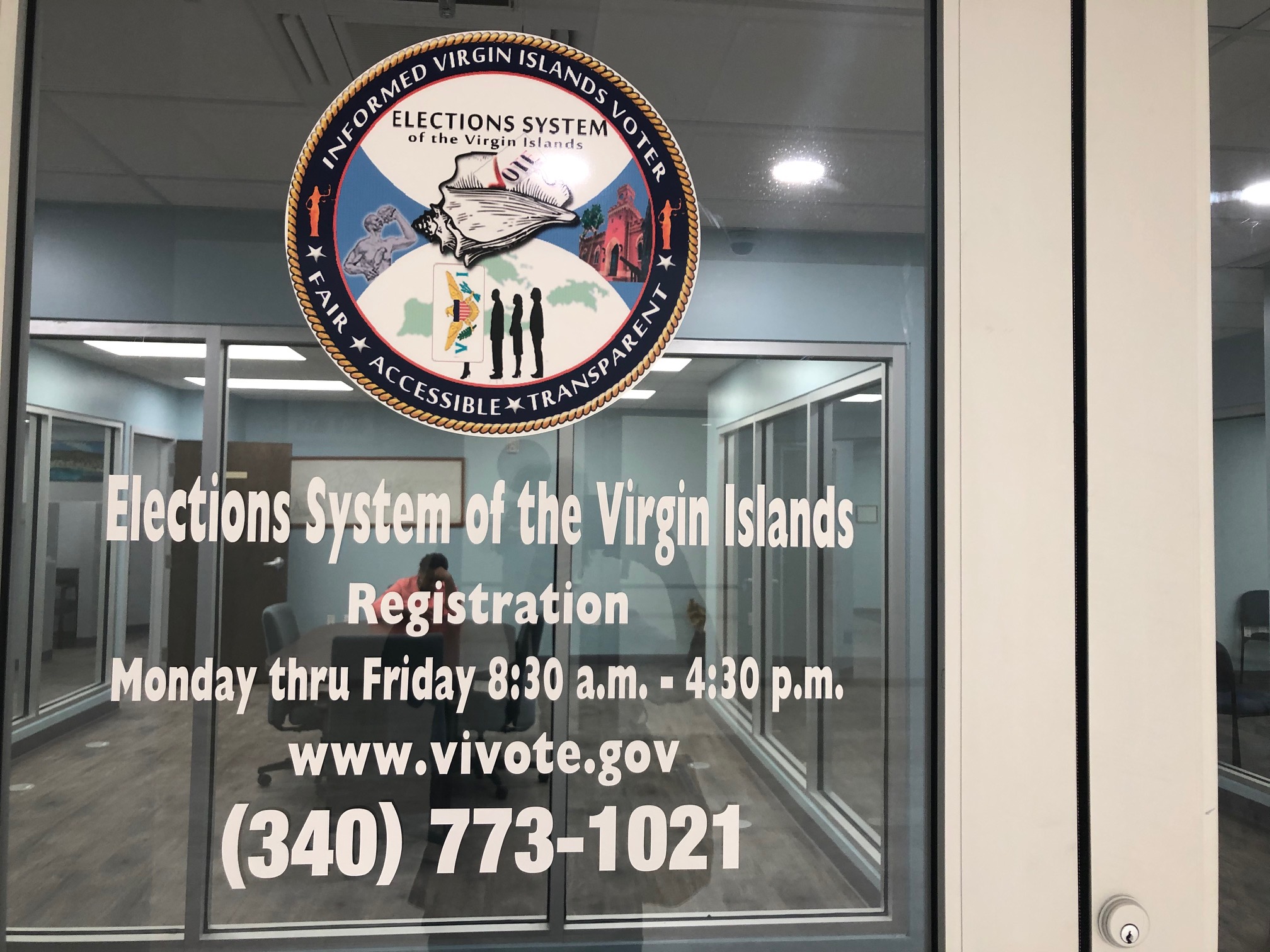
A judge found laws allowing the Virgin Islands Board of Elections to partially control how political parties organize were unconstitutional and struck them down Wednesday.
District Court Chief Judge Robert Molloy ruled eight sections of the V.I. Code were unconstitutional and another section, barring political parties from using national party symbols, was preempted by existing federal law.
The ruling was a win for the Republican National Committee and the Republican Party of the Virgin Islands. They’d sued the Board of Elections and the Supervisor of Elections System, arguing the laws had allowed the board to control and regulate the structure, organizational, and internal affairs of the party.
The laws struck down include rules governing a political party’s “size, composition, elections, and terms of office of members,” among other provisions.
V.I. Republican Party Chairman Gordon Ackley said the Democrat-majority Board of Elections had refused to recognize the Republican National Committee’s state party for the Virgin Islands following internal party elections in 2022.
“This victory is a huge step toward truly free, fair and open elections within a two-party system in the Virgin Islands. Hopefully, it stops the Board of Elections from being weaponized every two or four years for partisan purposes,” Ackley said in a written statement.
Elections officials said they were not acting politically but simply following the law.
The Republican plaintiffs argued the laws violated their First Amendment rights to freedom of assembly by allowing Elections officials to decide the manner in which they organized. While Elections officials agreed political parties had constitutional rights to assemble as they wished with whom they wished, they argued the law in question was toothless as it did not contain penalties for its violation.
The court disagreed, saying they couldn’t find a place where the absence of consequence made a law constitutional.
Another rule struck down was just two sentences long: “Party primary elections shall be held in the Virgin Islands on the first Saturday of August for the purpose of choosing candidates for nomination to public offices to be voted for at the ensuing general election. The Board of Elections will be responsible for certifying the process to be used by any political party to select party officers and candidates for public office.”
But the law fails to define terms like “certify,” making it unconstitutionally vague, and doesn’t allow for due process, the court found.
Molloy wrote in his ruling that the struck-down laws “impermissibly infringe upon plaintiffs’ freedom of association guaranteed by the First Amendment of the United States Constitution by imposing severe burdens upon their internal party operations. Further, the court finds that defendants have failed to demonstrate both that the said statutes serve a compelling government interest and are narrowly tailored to achieve that compelling interest. Consequently, those statutory provisions are unconstitutional and void.”
The suit had been filed Aug. 2, 2022. It started like this:
“Suppose a Virgin Islands law purported to prescribe a leadership structure for the American Legion or the Rotary Club — a law that dictated what leadership offices those groups must create, how many people could serve in those offices, and how those leaders must be chosen. Further suppose that the law required the American Legion or Rotary Club to get approval from a Virgin Islands government agency before they could change any of their internal processes, their leadership structure, or their governance rules — or gave that agency the power to veto any internal process or governance changes. Few people would seriously doubt that this hypothetical law would violate the American Legion’s and Rotary Club’s First Amendment rights of free association.”
It was not immediately clear if the Virgin Islands Elections Board planned to appeal the decision or if new laws were planned in the absence of the struck-down laws.


